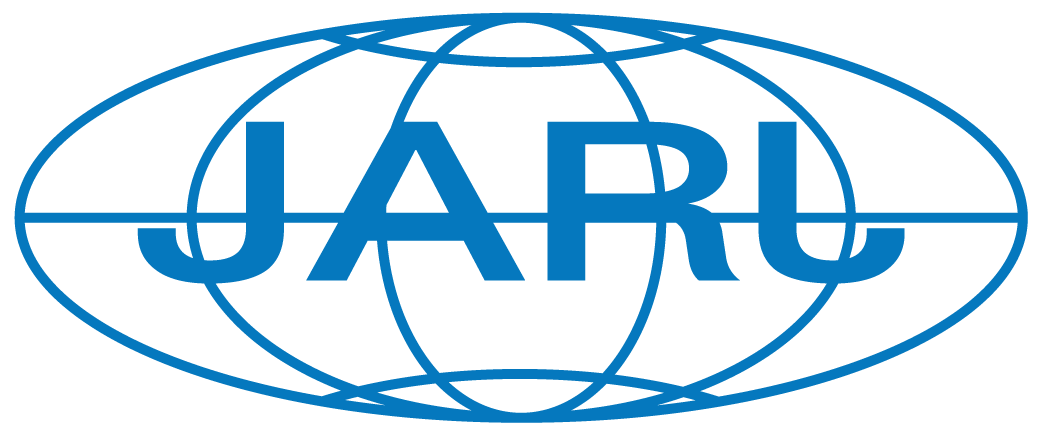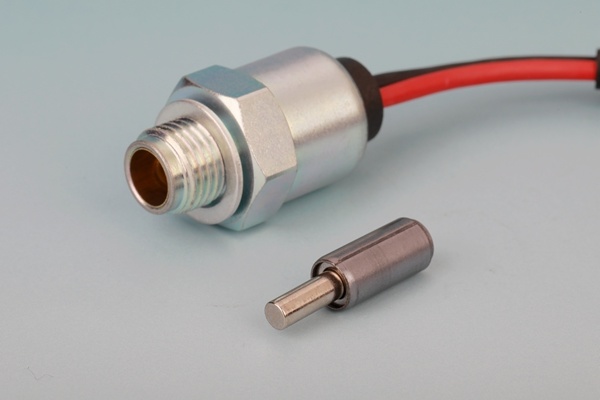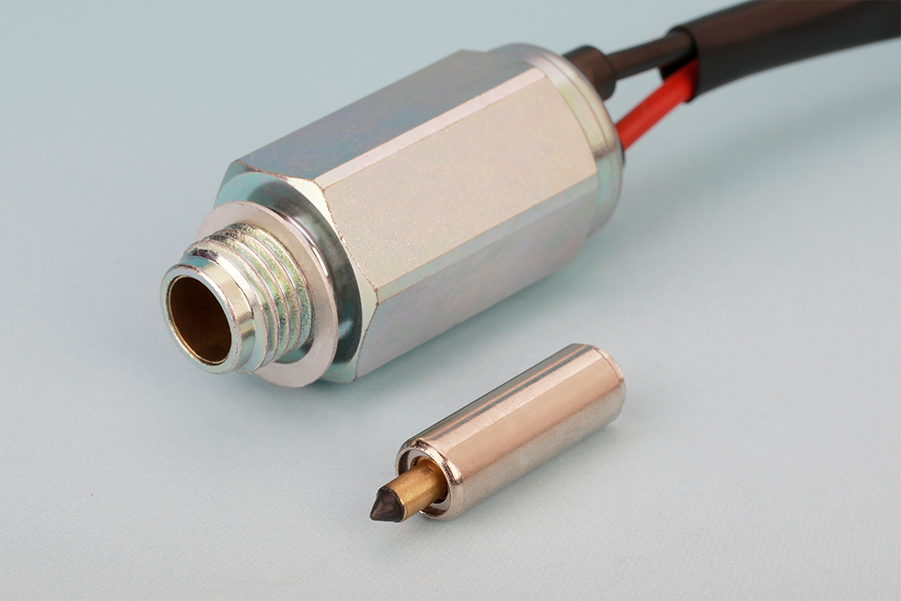Understanding Precision Parts Processing: A Key to Quality in Manufacturing
Release Time:
Apr 19,2025
Precision parts processing is essential in the manufacturing of mechanical components, where accuracy and quality are paramount. This process involves the production of parts that meet exact specifications and tolerances, ensuring they fit seamlessly within larger systems. The capability to produce these high-precision components hinges on advanced machining technologies and techniques. One of the
Precision parts processing is essential in the manufacturing of mechanical components, where accuracy and quality are paramount. This process involves the production of parts that meet exact specifications and tolerances, ensuring they fit seamlessly within larger systems. The capability to produce these high-precision components hinges on advanced machining technologies and techniques.
One of the cornerstones of precision parts processing is Computer Numerical Control (CNC) machining. CNC machines are programmed to perform intricate tasks with exceptional accuracy. By utilizing computer-aided design (CAD) software, manufacturers can create detailed models that guide CNC machines in cutting, milling, and drilling materials to precise dimensions. This technology significantly reduces human error and enhances the repeatability of production runs.
Another important factor in precision parts processing is the selection of materials. Different applications require varying material properties, such as strength, durability, and resistance to wear and tear. Common materials used in precision machining include metals like aluminum, steel, and titanium, as well as various plastics. The choice of material not only affects the performance of the finished part but also influences the machining process itself.
Furthermore, precision parts processing often utilizes advanced techniques such as laser cutting and EDM (Electrical Discharge Machining). Laser cutting provides high precision in cutting complex shapes and is particularly useful for intricate designs. On the other hand, EDM is ideal for creating parts with tight tolerances, as it can achieve high accuracy on hard materials.
Quality control is another critical aspect of precision parts processing. Manufacturers typically implement rigorous inspection protocols to ensure that each component meets the required specifications. Techniques such as coordinate measuring machines (CMM) and optical inspection systems are employed to verify dimensions and tolerances.
In conclusion, precision parts processing is a fundamental element of the manufacturing sector, particularly in the production of mechanical components. By leveraging modern technologies like CNC machining, selecting appropriate materials, and adhering to stringent quality control measures, manufacturers can ensure that they produce high-quality, precise parts that meet the demands of various industries. Understanding these principles is essential for anyone involved in mechanical hardware and parts fabrication, as they directly impact the performance and reliability of the final products.
One of the cornerstones of precision parts processing is Computer Numerical Control (CNC) machining. CNC machines are programmed to perform intricate tasks with exceptional accuracy. By utilizing computer-aided design (CAD) software, manufacturers can create detailed models that guide CNC machines in cutting, milling, and drilling materials to precise dimensions. This technology significantly reduces human error and enhances the repeatability of production runs.
Another important factor in precision parts processing is the selection of materials. Different applications require varying material properties, such as strength, durability, and resistance to wear and tear. Common materials used in precision machining include metals like aluminum, steel, and titanium, as well as various plastics. The choice of material not only affects the performance of the finished part but also influences the machining process itself.
Furthermore, precision parts processing often utilizes advanced techniques such as laser cutting and EDM (Electrical Discharge Machining). Laser cutting provides high precision in cutting complex shapes and is particularly useful for intricate designs. On the other hand, EDM is ideal for creating parts with tight tolerances, as it can achieve high accuracy on hard materials.
Quality control is another critical aspect of precision parts processing. Manufacturers typically implement rigorous inspection protocols to ensure that each component meets the required specifications. Techniques such as coordinate measuring machines (CMM) and optical inspection systems are employed to verify dimensions and tolerances.
In conclusion, precision parts processing is a fundamental element of the manufacturing sector, particularly in the production of mechanical components. By leveraging modern technologies like CNC machining, selecting appropriate materials, and adhering to stringent quality control measures, manufacturers can ensure that they produce high-quality, precise parts that meet the demands of various industries. Understanding these principles is essential for anyone involved in mechanical hardware and parts fabrication, as they directly impact the performance and reliability of the final products.
Related content




